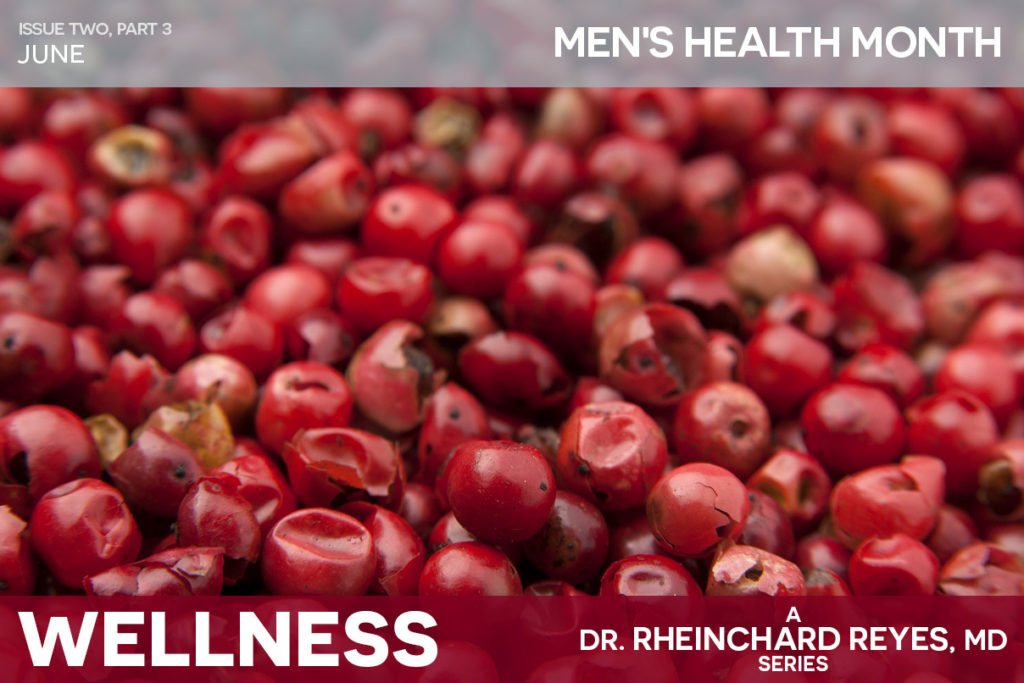Superfoods and Other Commonly Held Nutrition Myths
A superfoods online search yields a staggering 320 million results on Google in 0.61 seconds (June 2019). The last entry of this 3-part article focuses, however, on general Nutrition Myths, beliefs, and attitudes.
The science is there. The benefits are misconstrued.
Rigorous scientific studies that back up the nutrient claim for superfoods are real: they do contain the components or the compounds– flavonoids, anthocyanins, nitrates, beta-carotene, omega-3 fatty acids that a healthier food intake presupposes. So, what is the problem?
- Some of the studies performed are just bad science, with insufficient individuals or extreme bias in the testing sample, or shady conclusions that lean more on desired commercial than healthful effects.
- The conditions under which foods are tested in the lab are very different from real-life consumption.
- The high levels of nutrients tested are extremely unrealistic in the context of every-day diets.
- Health-promoting effects are short term. People would need to consume these superfoods very often to reap the goodies, which could easily prove counterproductive (cocoa v chocolate, for example). This is never stressed enough and, by the by, happens in many other aspects of our consumer society.
- Studies tend to happen on animals or in vitro. They serve as guidance on the kinds of effects and physiology at stake on humans, but one can never be sure of their exact impact under real-life dietary conditions. Science needs a different approach to human impact, one that takes into account the meandering genetics and lifestyles of individuals… probably more interventional, observational, protracted, and costly studies.
- Tests tend to study foods in isolation. This bears no resemblance to reality because people consume in combination patterns. For example, there is now ample evidence that certain co-consumption pairings actually boost benefits.
Super, a Misleading Label
Superfoods are Necessarily Expensive and Exotic
Miracle Cures
Slim = Healthy
All Sugar is Bad
Celebrity Diets are True and Will Work on You
Hopefully, this article has given you helpful insights. Or a stepping-stone to better information and understanding of the real dietary needs you have.
Sources:
https://www.prevention.com/weight-loss/a20496676/nutrition-myths/
https://www.hsph.harvard.edu/nutritionsource/superfoods/
https://www.bbvaopenmind.com/en/science/research/the-myth-of-superfoods/
https://www.eufic.org/en/healthy-living/article/the-science-behind-superfoods-are-they-really-super
http://topmyths.com/KaleIsItReallyAllThatGreat/


